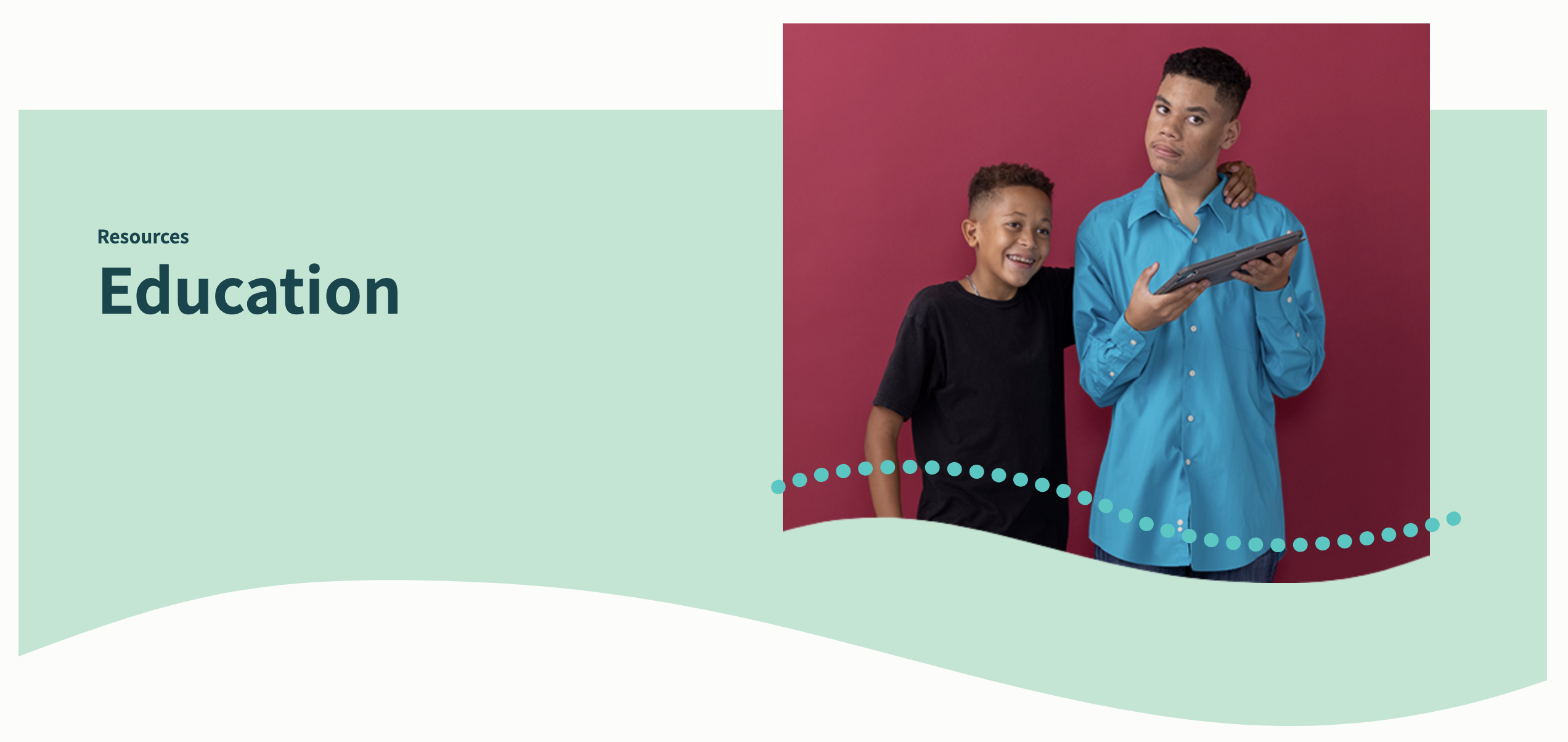
The Individualized Education Program (IEP) is a written document that outlines a child’s education. As the name implies, the education program should be tailored to the individual student to provide the maximum benefit. The keyword is individual. A program that is appropriate for one child with Autism may not be right for another.
The IEP is the cornerstone for the education of a child with a disability. It should identify the services a child needs so that he/she will meet their learning objectives during the school year. It is also a legal document that outlines:
- The child’s special education plan (goals for the school year)
- Services needed to help the child meet those goals
- A method for evaluating the student’s progress
The objectives, goals, and selected services are not just a collection of ideas on how the school may educate a child; the school district must educate your child in accordance with the IEP.
To develop an IEP, the local education agency officials and others involved in the child’s educational program meet to discuss education-related goals. By law, the following people must be invited to attend the IEP meeting:
- One or both of the child’s parents/care providers
- The child’s teacher or prospective teacher
- A representative of the public agency (local education agency), other than the child’s teacher, who is qualified to provide or supervise the provision of special education
- The child, if appropriate
- Other individuals at the discretion of the parent(s)/care provider(s) or agency (e.g. a physician, advocate, or neighbor)
IEP meetings must be held at least once annually but may be held more often if needed. Parents/care providers may request a review or revision of the IEP at any time. While teachers and school personnel may come prepared for the meeting with an outline of goals and objectives, the IEP is not complete until it has been thoroughly discussed and all parties agree to the terms of the written document. Parents/care providers are entitled to participate in the IEP meeting as equal participants with suggestions and opinions regarding their child’s education. They may bring a list of suggested goals and objectives as well as additional information that may be pertinent to the IEP meeting.
Learn more about:
